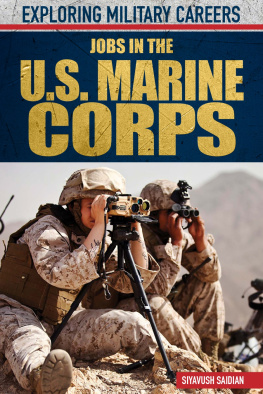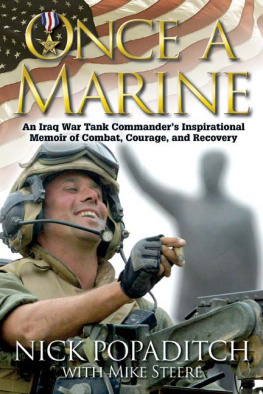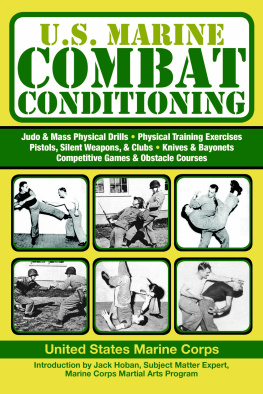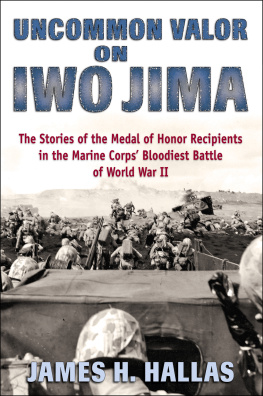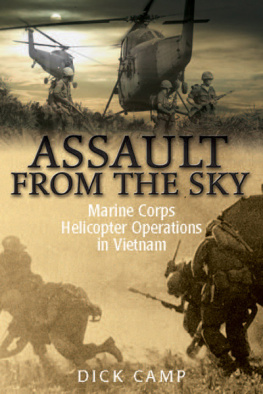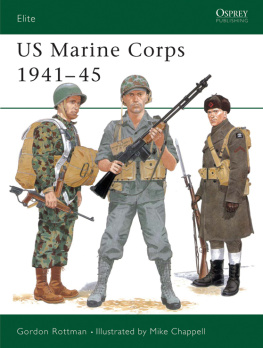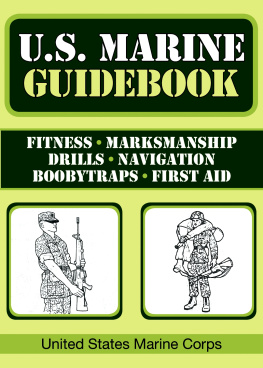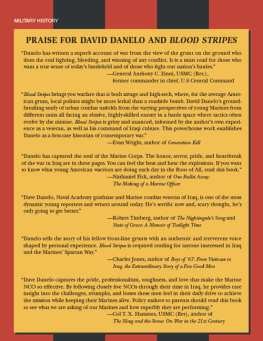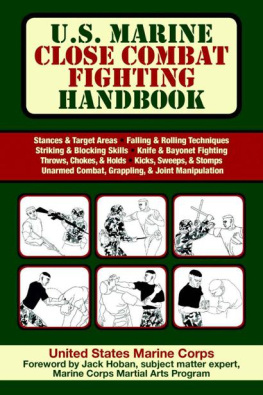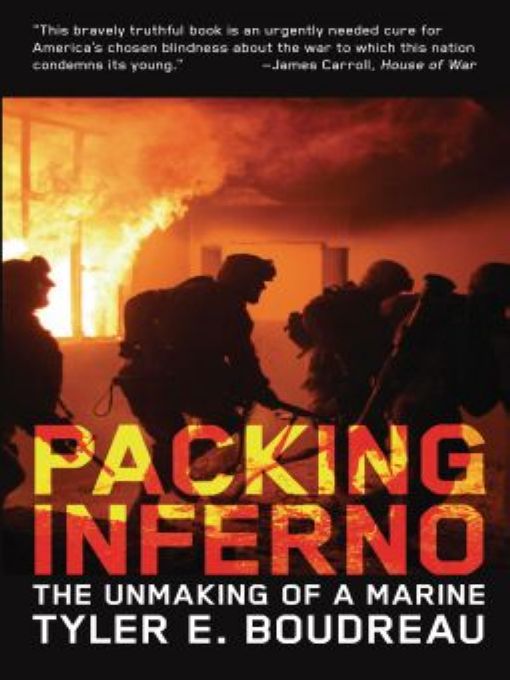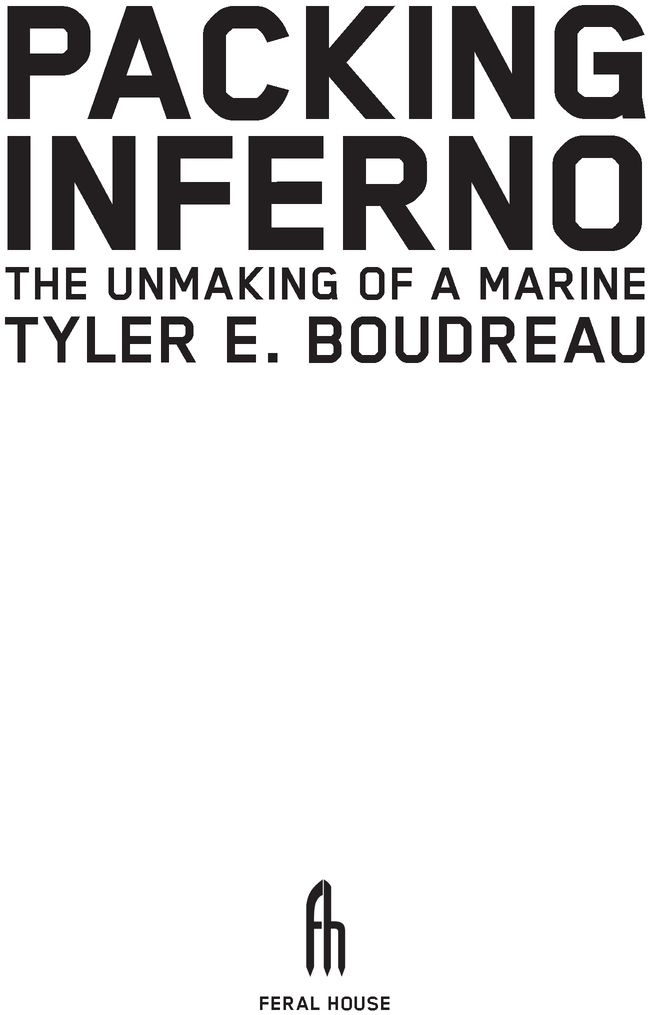Table of Contents
ADVANCE PRAISE FOR PACKING INFERNO
Packing Inferno is a wonderfully written, deeply passionate account of one mans journey to the Foyer to Hell, as Tyler Boudreau describes war. Tyler draws the reader into the subtleties of his everyman tale of conflict until it is too late, and we are trapped in a journey up the Euphrates River valley, a Mesopotamian Heart of Darkness which leads us straight into Dantes Ninth Circle of Hell, a place reserved for traitors.
It is here, in the unmaking of a Marine, that it becomes clear that Tyler Boudreau has jumped from the Foyer to Hell into Hell itself. Denied the brotherhood of the Corps which sustained him for so long, Boudreau must navigate his own way out of Hell, a journey upon which he is still embarked. This is what makes Packing Inferno so heartbreaking, because the reader knows that Tyler Boudreau has taken them on a journey which has no end. And while the reader in some way becomes trapped along with Tyler by reading Packing Inferno, we are traitors to humanity if we dont.
Scott Ritter
Former Major, United States Marine Corps,
and Chief Weapons Inspector in Iraq, 1991-1998
Eloquent, impassioned, written in the moments, written after, before, and around the moments, dripping with the blood of pain and seeking the blood of breathing, Boudreau has written from the zones of war under the guns and from the zones of war beyond the guns and from the zones of war in our hearts and mindsand in our memories and agendasand he hasnt just written from those realms, about the culture, the training, the killing, the being killed, the coming home and not being home, he has displayed it all, dissected it all, unmercifully and mercifully relived and explored it all. Only a human ostrich can avoid these truthsdont be one. Read this.
Michael Albert
Co-editor of ZNet and co-founder of Z Magazine and South End Press
Tyler Boudreau has written a different war story which chronicles his journey of conscience. His feat is to survive the inferno of relentless anger to reach an understanding of what war entails. His is also an investigation into the morality of war, with all its quagmires and self-justifications. Soldiers must come to terms with their war to truly survive it, and Boudreau offers great insight into the hurdles facing returning veterans as well as advice for those who would help them.
Elise Tripp
Author of Surviving Iraq: Soldiers Stories
What do you get when you combine The Things They Carried and Dispatches with the unblinking, crystalline style of Friedrich Nietzsche? You get Packing Inferno.
Boudreau has a gift for vivid scene and narrative pace, and brings those together with something very rare: an unblinking sight of whats right and whats not in this war, in his Marines, and in himself. There is a clarity in his words that will not leave you alone.
Jonathan Shay, MD, PhD
Author of Achilles in Vietnam and Odysseus in America, MacArthur Fellow
This book is angry and funny and insightful, about war and those whom war envelopes. It will bring knowing nods of recognition from veterans; it may shock others. To all of us, Tyler Boudreau offers a profound gift: the moral clarity we need to welcome the warriors back home.
David Bowne Wood
National Security Correspondent, The Baltimore Sun
Author of A Sense of Values: American Marines in an Uncertain World
Packing Inferno represents an extraordinary meditation on the lethal contradictions of war and a grunts-eye view of the debacle in Iraq. Tyler Boudreau is that rare creature: a literate observer of the absurdities and tragedies of modern combat (American-style), and a no-holds-barred participant in the carnage of Iraqi urban warfare. Forget the high-falutin tomes on Americas mission in Iraq; this book really explains why the U.S. strategy was doomed to failure.
Michael T. Klare
Author of Rising Powers, Shrinking Planet: The New Geopolitics of Energy
AUTHORS NOTE
I would like to briefly address a few issues of terminology. The first has to do with how I refer to members of Americas armed forces. In the Marine Corps, we always capitalized the word Marines whether we were referring to the whole organization or just a few individuals. It was a gesture of respect. I will pay the same respect in this book. I will also extend that courtesy to Soldiers any time I am specifically referring to members of the United States Army. In many cases, I describe the actions of members in my unit; when I do, Ill refer to those people as Marines. However, when I move into a more general discussion of war or when I am describing circumstances that affected all service members in Iraq, not just those in the Corps, I will use the generic term soldier with a lower-case s.
The second issue of terminology involves the antiquated term, Post-Traumatic Stress Disorder (PTSD). While the Diagnostic and Statistical Manual (DSM) still uses this term, it is widely rejected by those who work in the field of mental health. I reject it too. I discuss this issue more fully in the book, but I felt it was necessary to declare my position on this from the outset. I do not consider the psychological struggle of returning veterans a disorder and so I will only refer to this injury as combat stress or post-traumatic stress.
Finally, there is the issue of gender to consider. When my wife picked up this book for the first time, she said to me, Your book is all about men. But there are women in Iraq toowomen Soldiers and Marines, women commanders, women heroes, and women casualties. Where are they? My wife is a veteran herself, so this is just the sort of thing that she would notice.
There are women in the military, I know, and there were women in Iraq when I was there. They were fighting, dying, and surviving, just like the men. They were courageous, they were decorated, and they were wounded and killed just like the men, too. Yet the reader will find that I use the masculine pronouns such as he almost exclusively when referring to soldiers. Its not because Im unaware of womens service. I am aware. But in my twelve and a half years in the Corps, I never served with one of them. I was always in the infantry, where only men are permitted by law. Men I understand. My life has been spent almost entirely in that world, and so in this book that is who I talk about.
What I do not understand fully, is how women look upon the war in Iraq, or any other war, when they fight amongst so many men. Virginia Woolf described war as a male endeavor, observing that, Scarcely a human being in history has fallen to a womans rifle. That appears to be less true with every passing decade, and Im not sure whether I should pay tribute to this step toward equality or simply mourn the entire human race.


